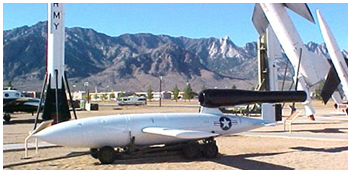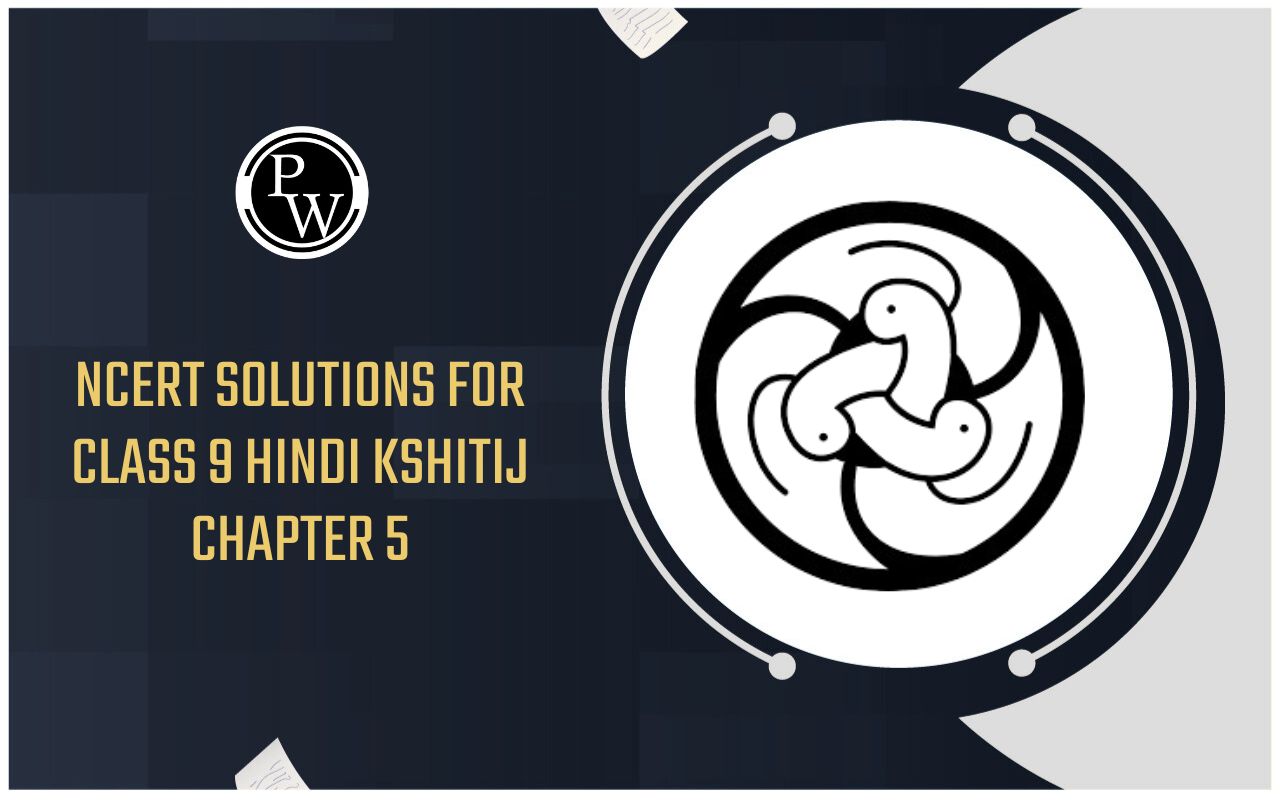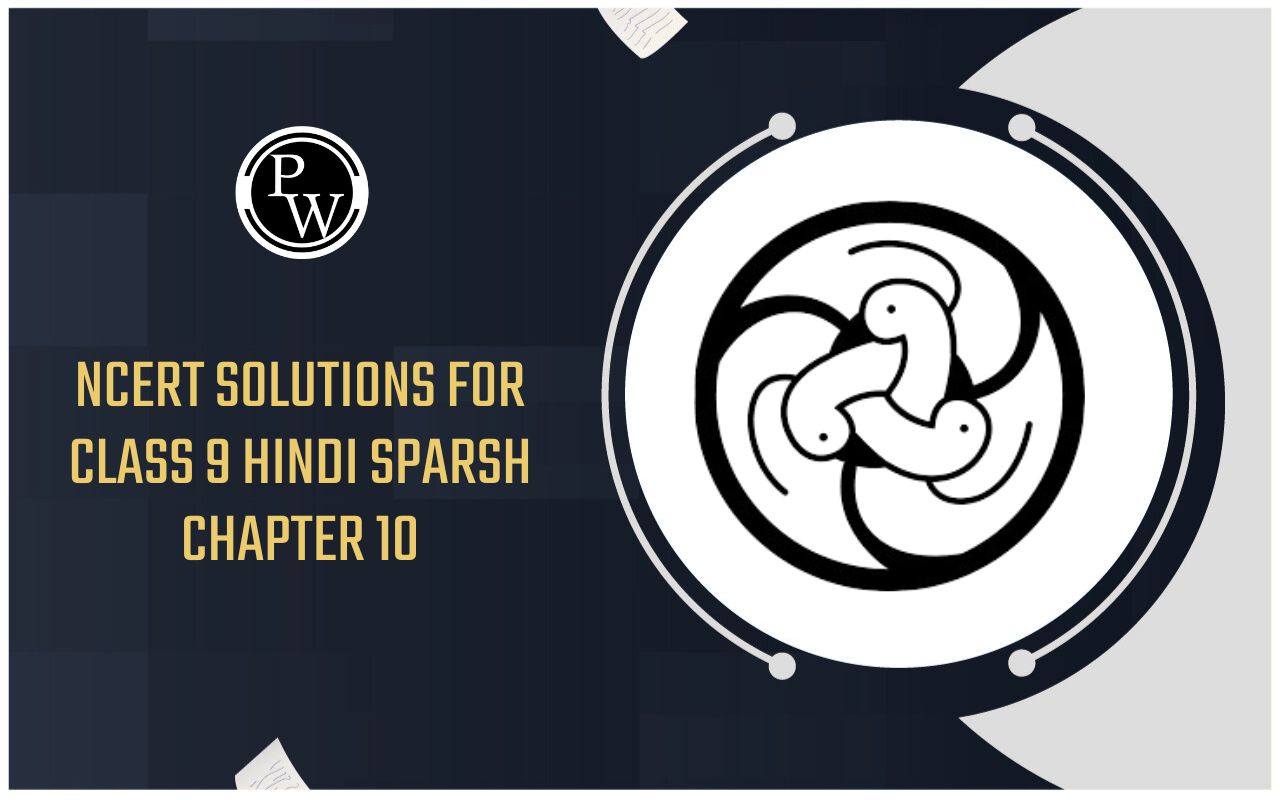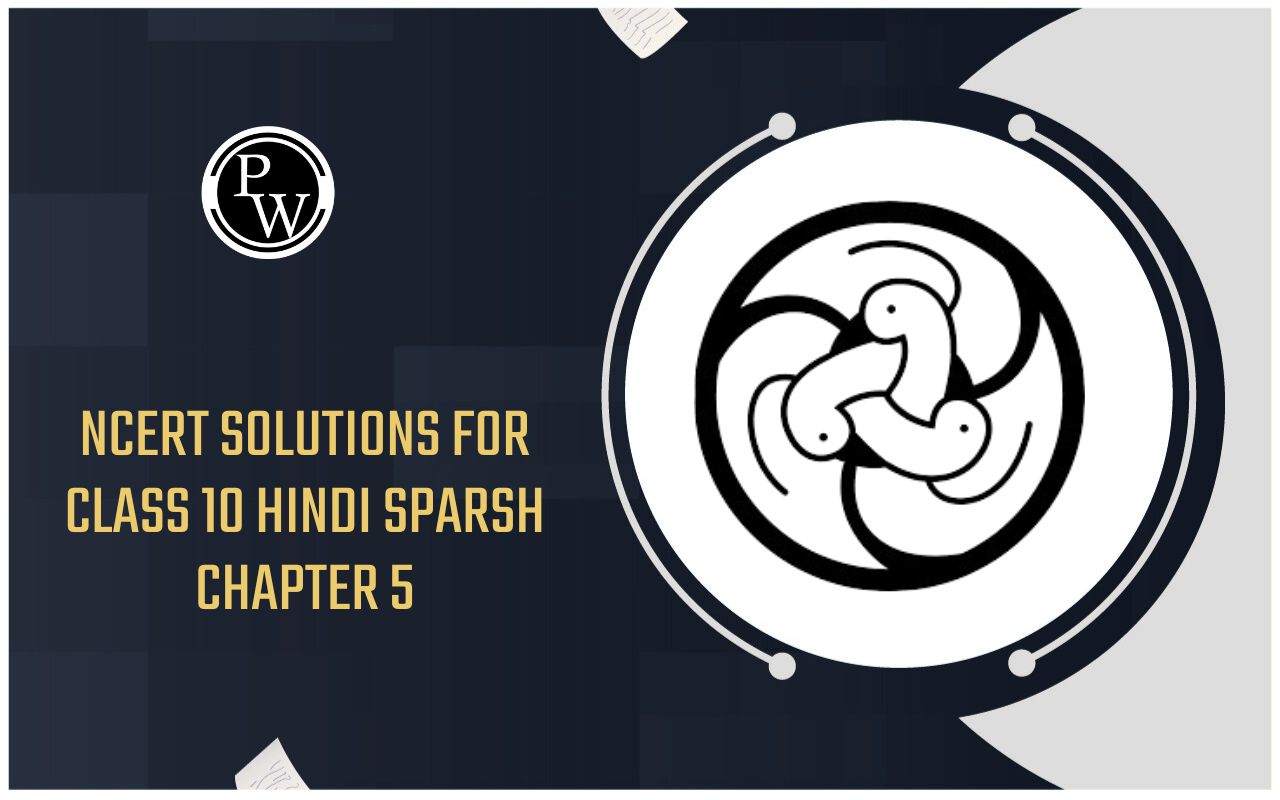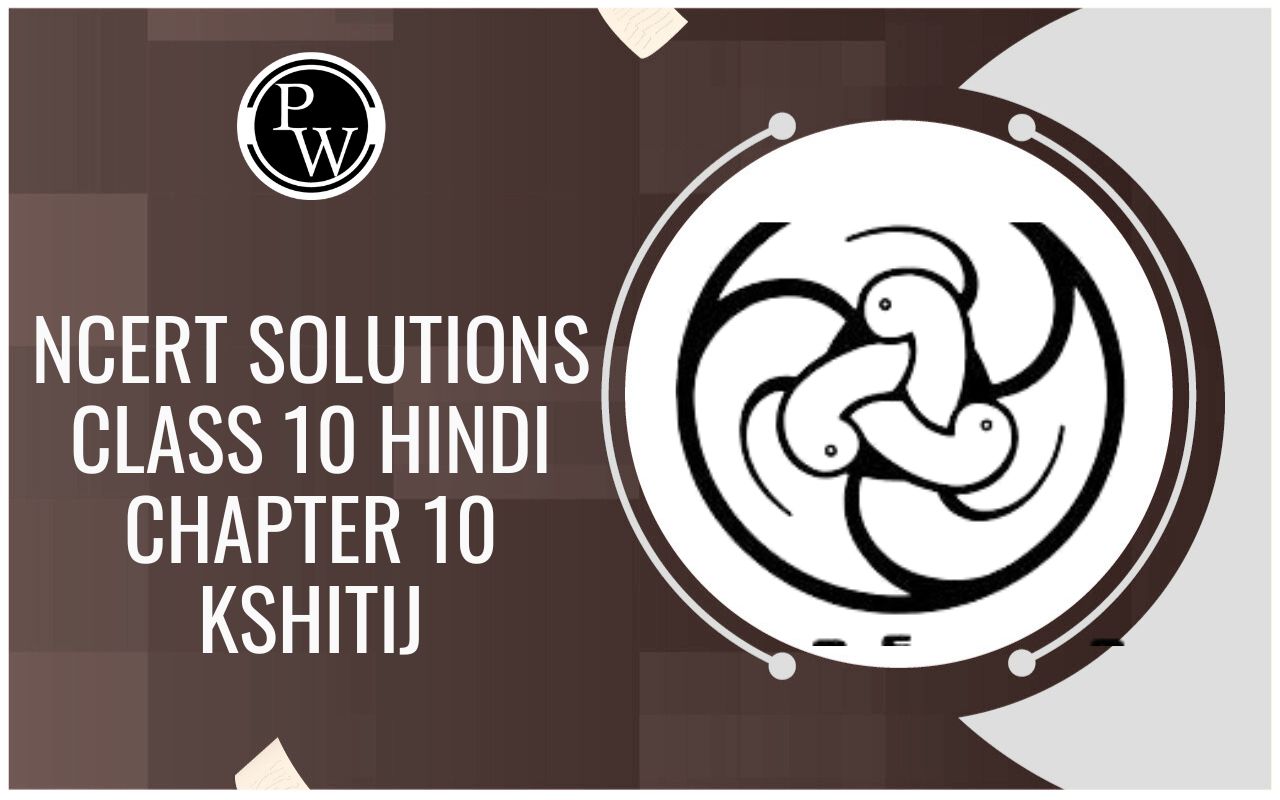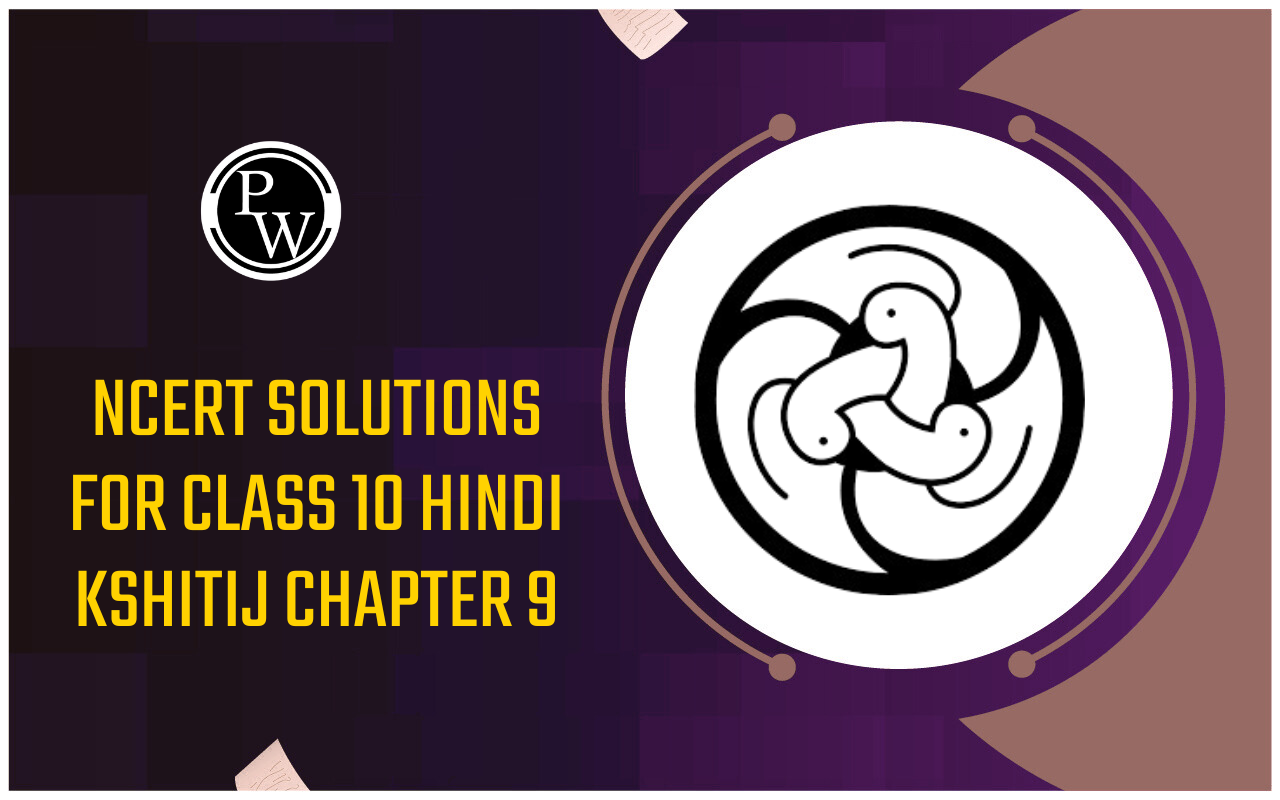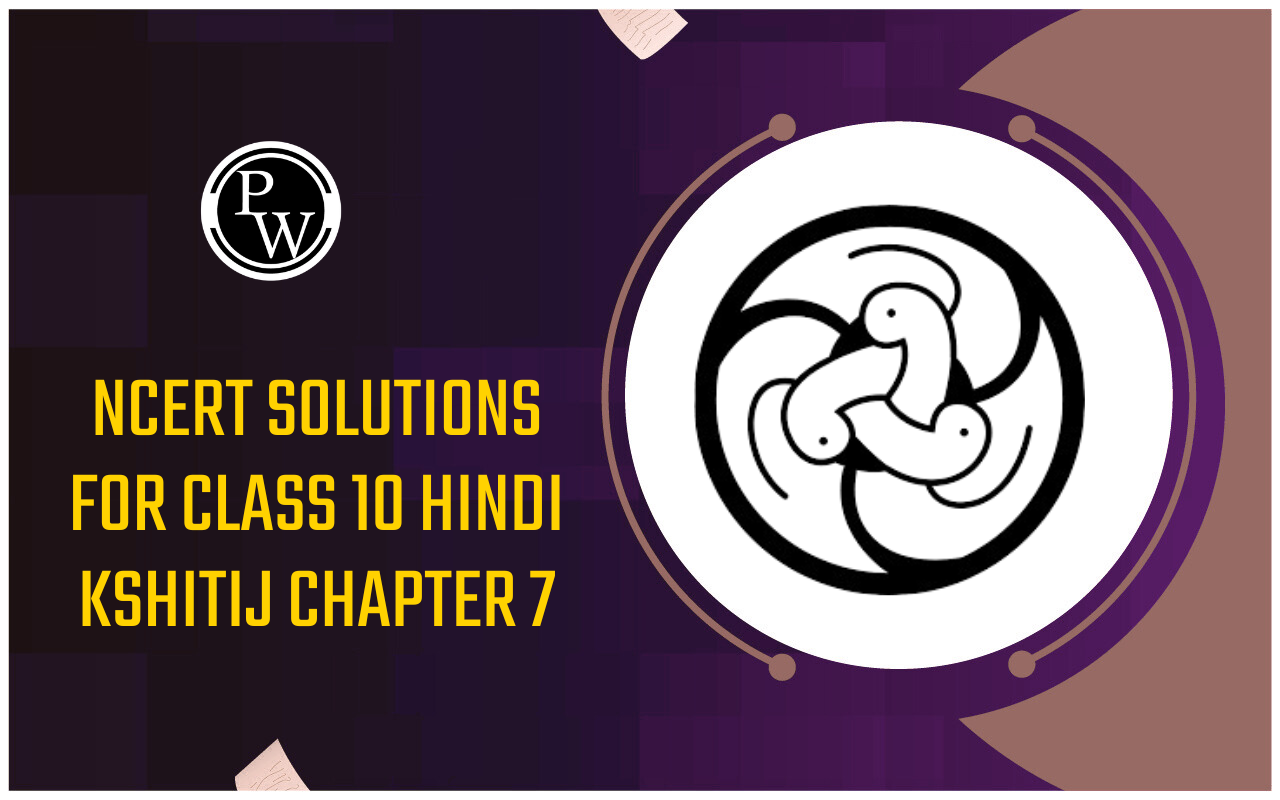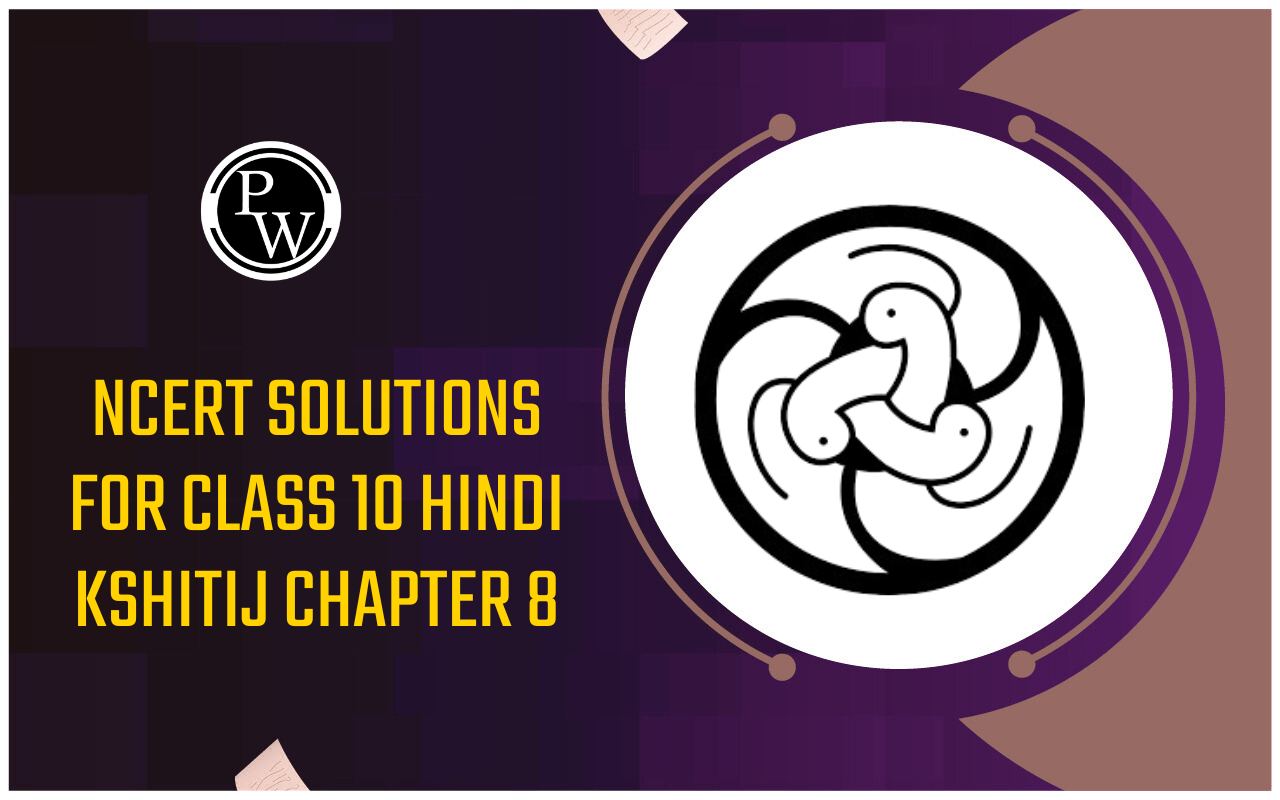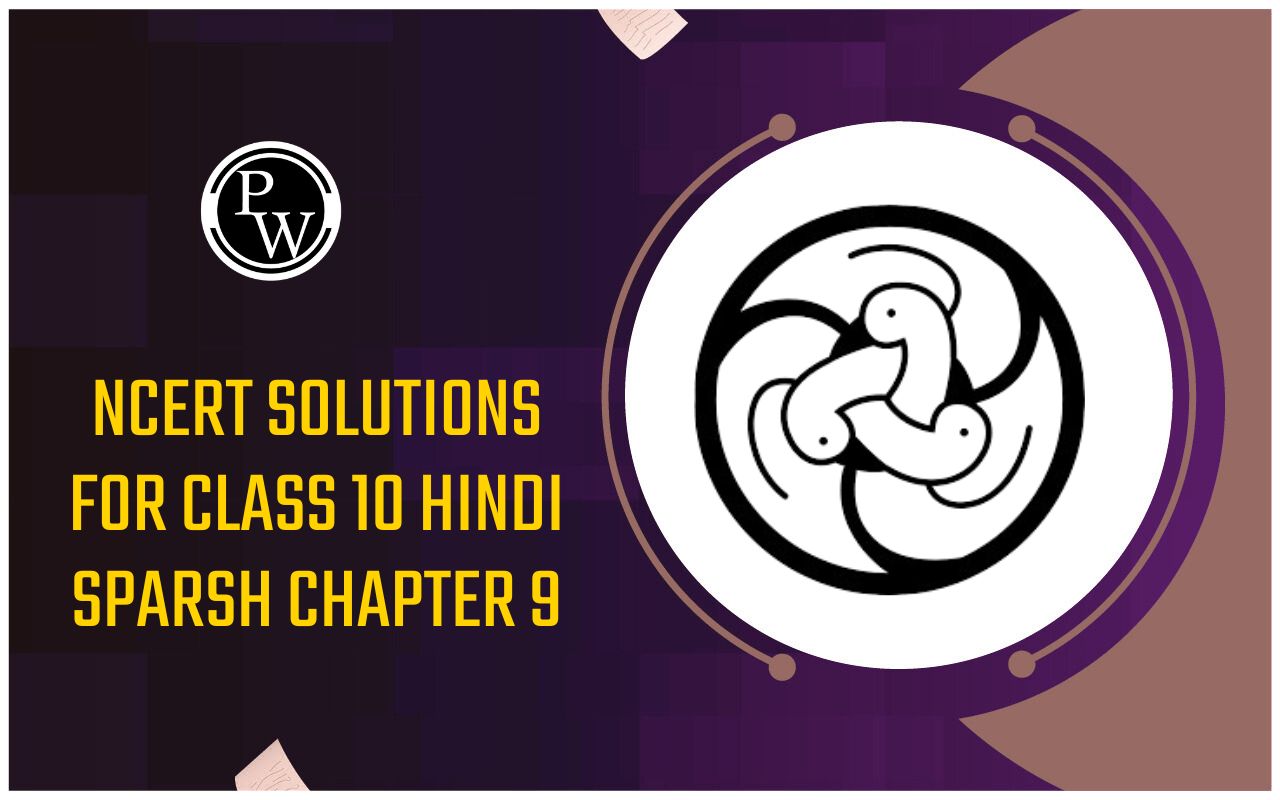
Types of Resources
Resources, Types and Development of Class 8
Types of Resources
- Natural Resources
Any matter or energy derived from the environment that is used by human beings such as air, water, soil, mineral, fossil fuels, plants and wildlife is called a natural resource.
- On the basis of the source of origin, Natural resources may be categorised as a abiotic or biotic. Abiotic resources are non-living while biotic resources are living. Soils, rocks and minerals are abiotic but plants and animals are biotic resources.
- On the basis of stage of development of a resource, Natural resources may be categorised as
- Potential Resources - Those resources which are found in a region, but have not been put to a proper use are called potential resources. e.g. Africa has a potential of water resources but all have not yet been determined fully.
- Actual Resources - The resources which have been surveyed, quantities have been determined properly, technology is available and cost involved is feasible are called actual resources. For example, coal in Ruhr region of Germany, soils of Deccan plateau in Maharashtra.
- Reserve Resources - These resources can be put into use with the help of existing technical 'know-how' but their use has not been started. These can be used for meeting future requirements.
- On the basis of renewability, Natural resources can be classified as -
- Renewable resources - Resources which get renewed or replenished fast, are called renewable resources e.g.. Solar and wind energy. Renewable resources, such as wind, solar or geothermal power, will always be available.
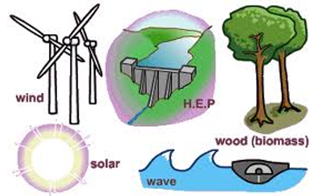
- Non-renewable resources - Resources which are built over a very long geological time are called non-renewable resources. The rate of their formation is extremely slow, they cannot be replenished within a time frame meaningful to people e.g.. Mineral and fossil fuels. Non-renewable resources such as oil, coal and natural gas will eventually run out.

Non-renewable resources can be further classified as :
- Recyclable non-renewable resources - Metallic ores are recyclable in nature. It means that the metal content drawn from the ore many be used again and again after necessary processing. e.g. Minerals like gold, silver and iron. Plants, vegetables, fruits and timber are organic materials that can be recycled through composting. Recycling organic material through composting breaks down dead resources, which makes for a nutritious soil to help young plants grow.
- Non recyclable non-renewable resources - Some resources get exhausted forever once consumed hence they are non-recyclable e.g.. Fossil fuels (coal, mineral oil and natural gas). Non-renewable resources cannot be replaced. Oil, coal, gas and minerals are resources that will never be replaced once they are used. Non-renewable resources can be made into plastic beverage bottles, aluminum cans and metal cans. These resources can then be recycled and made into new products.
-
On the basis of distribution : On this basis resources can be ubiquitous or localised. Resources that are found everywhere like the air we breathe, are ubiquitous. But those which are found only in certain places are localised, like copper and iron ore.
- Human Resources
It is the ability of humans that help in transforming the physical materials into valuable resources, so the number and abilities (mental and physical) of the people is called as Human Resources.

Health and education make people competent for developing resources. improving the quality of people's skill so that they are able to create more resources is known as human resource development.
- Human-made Resources
Those aids of production which have been created by people to utilise the physical materials of the environment are called Human made resources e.g. machines, tools etc. Human made resources have gained importance because they help in enhancing the productivity. This is done by:
- Growth in physical capital -The equipments and buildings used to produce other things, contributes a great deal to productivity.
- Technology -The method of doing or making things is an important contributor to productivity growth.
- Political institutions - Enforcement of the rule of law and of property rights reduces uncertainty. The laws of a nation concerning openness to international trade and investment also influence productivity
